Curry powder is a versatile blend of spices that can add flavor and nutrition to many dishes.
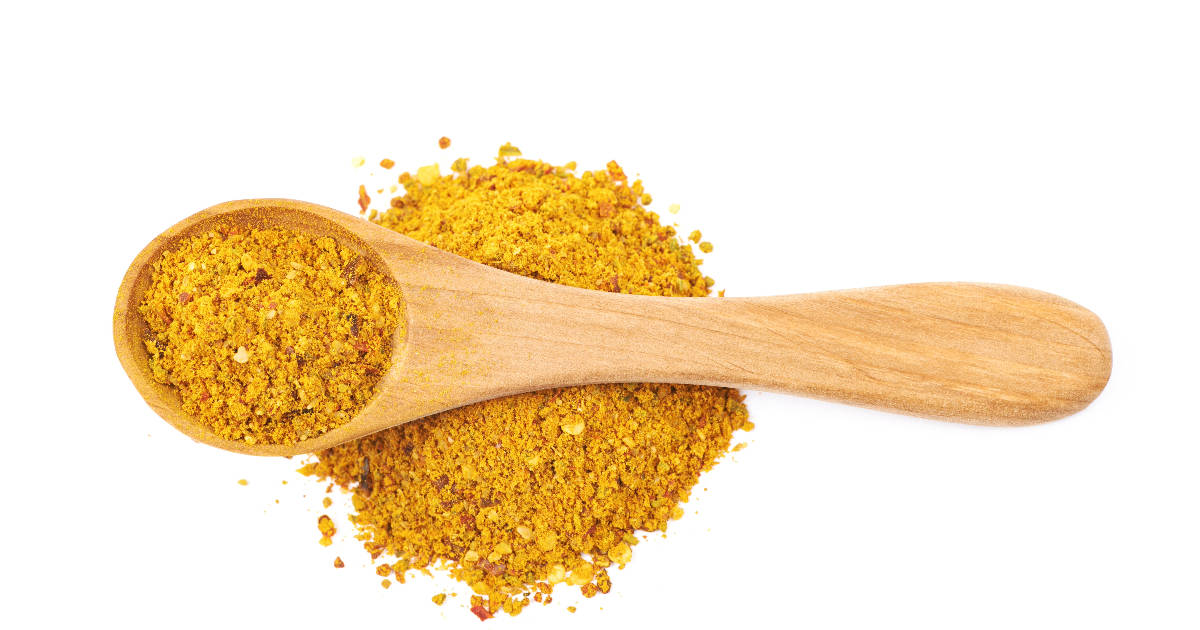
But what exactly is in curry powder and what are its health benefits? This guide examines the nutrients, vitamins, minerals, and other components found in curry powder.
What is Curry Powder?
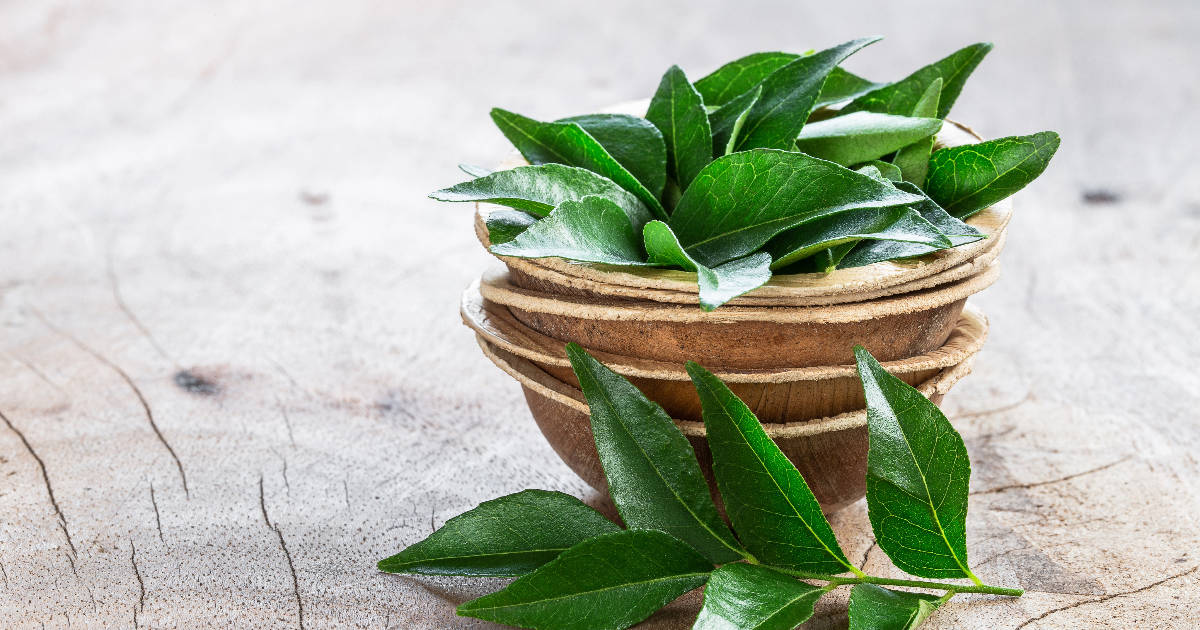
Curry powder is a spice mix that typically contains turmeric, coriander, cumin, fenugreek, and chili peppers. Other ingredients like ginger, black pepper, mustard seeds, curry leaves, and fennel seeds are also commonly added. The exact blend can vary significantly between brands and regions.
The resulting powder has a golden yellow color and a complex, aromatic flavor profile. While often associated with Indian cuisine, curry powder actually originated during the 18th century in England. Today, it remains a staple ingredient around the world.
Nutrition Facts for Curry Powder
| Nutrient | Amount (per 100g) | % Daily Value |
|---|---|---|
| Calories | 325 | 16% |
| Protein | 14.3g | 29% |
| Carbohydrates | 55.8g | 19% |
| Fiber | 53.2g | 213% |
| Sugar | 2.76g | - |
| Total Fat | 14g | 22% |
| Saturated Fat | 1.65g | 8% |
| Sodium | 52mg | 2% |
| Potassium | 1170mg | 33% |
| Calcium | 525mg | 52% |
| Iron | 19.1mg | 106% |
| Vitamin K | 99.8μg | 125% |
| Vitamin E | 25.2mg | 168% |
| Vitamin B6 | 0.105mg | 5% |
| Vitamin C | 0.7mg | 1% |
| Vitamin A | 19IU | 1% |
Macronutrients in Curry Powder
Let's start by looking at the macronutrients - protein, carbs, fat, and fiber - found in curry powder.
Protein
Curry powder contains a moderate amount of protein. A 100-gram serving provides 14.3 grams of protein, supplying 29% of the recommended daily intake.
The protein is incomplete, meaning curry powder lacks certain essential amino acids. But it can complement other protein sources like meat, eggs, and legumes as part of a balanced diet.
Carbohydrates
Carbohydrates make up the majority of curry powder's macronutrient content. A 100-gram serving contains 55.8 grams of carbs.
The carbohydrates in curry powder primarily come from dietary fiber. In fact, it provides a whopping 53.2 grams of fiber per 100-gram serving. This equates to over 200% of the daily recommended intake.
Such a high fiber content makes curry powder an excellent food for digestive and heart health. The fiber also slows the absorption of carbs to help regulate blood sugar levels.
Fats
Curry powder contains a moderate amount of fat, providing 14 grams per 100-gram serving.
Around 12% of the fat comes from saturated fat. But the rest is made up of healthier unsaturated fats like monounsaturated and polyunsaturated fatty acids.
Overall, the fat content makes a relatively small contribution to curry powder's total calories.
Calories
Speaking of calories, a 100-gram serving of curry powder provides 325 calories.
This calorie count will vary between brands based on the exact blend of spices used. But in general, curry powder can be considered a high-calorie spice mix compared to individual spices.
Still, since it is used in small quantities for flavoring, its calories add negligible amounts to total meal counts.
Vitamins and Minerals in Curry Powder
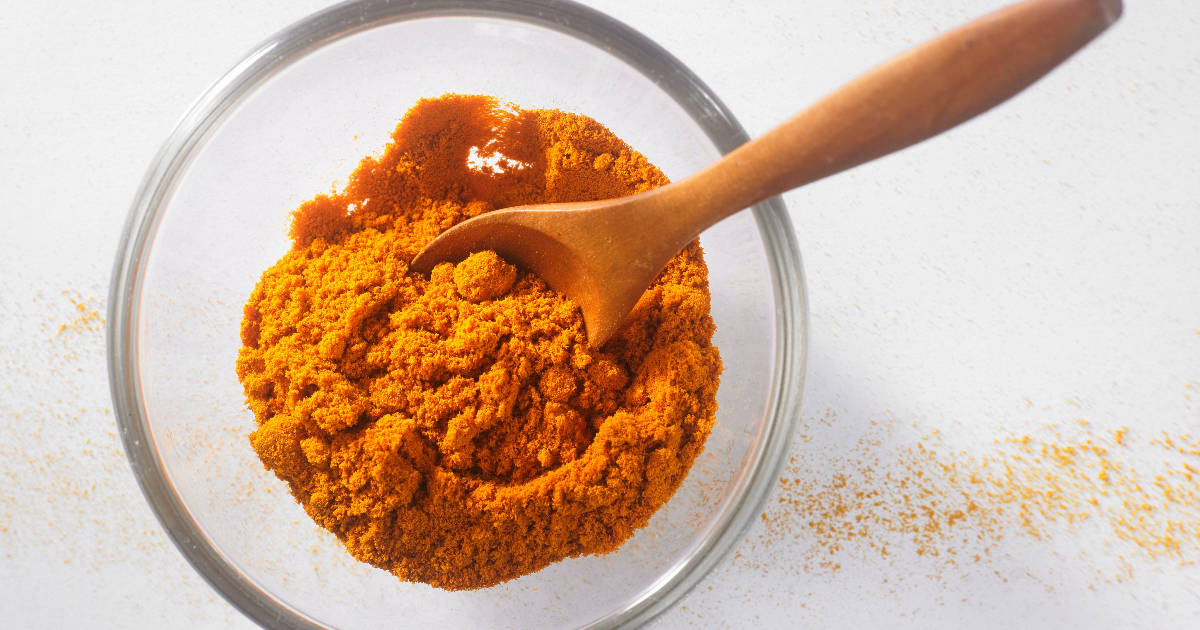
In addition to macronutrients, curry powder contains an array of vitamins and minerals. Let's take a closer look at some of the main micronutrients.
Vitamin K
One of the most abundant vitamins in curry powder is vitamin K. A 100-gram serving contains 99.8 mcg of vitamin K, providing 125% of the RDI.
Vitamin K plays important roles in blood clotting and bone metabolism. It may also help reduce inflammation and protect against conditions like heart disease.
Vitamin E
Curry powder is also high in vitamin E, with a 100-gram serving providing 25.2 mg. This equates to a whopping 168% of the recommended daily intake.
Vitamin E functions as an antioxidant that helps protect your cells from damage caused by free radicals. It also supports a healthy immune system.
Vitamin B6
Curry powder contains several B vitamins, including 0.105 mg of vitamin B6 per 100 grams.
Vitamin B6 aids in protein metabolism, red blood cell production, and brain development and function. It may also help reduce symptoms of premenstrual syndrome.
Iron
A mineral curry powder provides in abundance is iron. A 100-gram serving contains 19.1 mg, supplying 106% of the RDI.
Iron carries oxygen through the blood to every cell in your body. It also supports a healthy immune system and neurological function.
Calcium
Curry powder is also a good source of calcium. It provides 525 mg per 100 grams, accounting for 52% of the recommended daily intake.
Getting enough calcium is crucial for building and maintaining strong bones and teeth. It also assists in nerve signaling and blood clotting.
Potassium
Lastly, curry powder contains 1170 mg of potassium per 100-gram serving. This equates to 33% of the RDI.
Potassium functions as an electrolyte that regulates fluid balance, nerve signals, and blood pressure. It also counteracts some of sodium's negative effects.
Other Compounds in Curry Powder
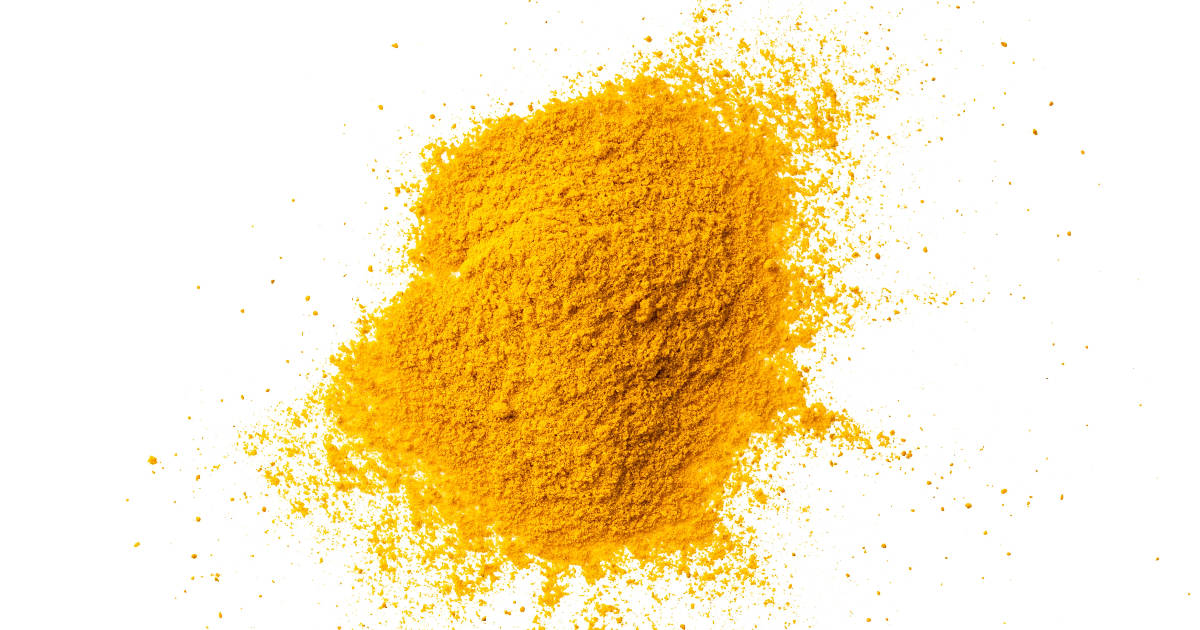
Aside from macros and micros, curry powder contains a variety of other health-promoting compounds:
- Curcumin: This is the main active compound in turmeric that possesses potent anti-inflammatory and antioxidant properties. It may help combat numerous chronic diseases.
- Capsaicin: Found in chili peppers, capsaicin is responsible for their spicy kick. It can boost metabolism, promote heart health, and act as an anti-inflammatory.
- Quercetin: A flavonoid antioxidant found in many spices that may help reduce blood pressure, fight inflammation, and combat cancer cells.
- Lutein: This carotenoid pigment found in spices like chili powder promotes eye health and may ward off macular degeneration.
- Beta-caryophyllene: A terpene in black pepper that functions as an anti-inflammatory and may help treat anxiety and depression.
Health Benefits of Curry Powder
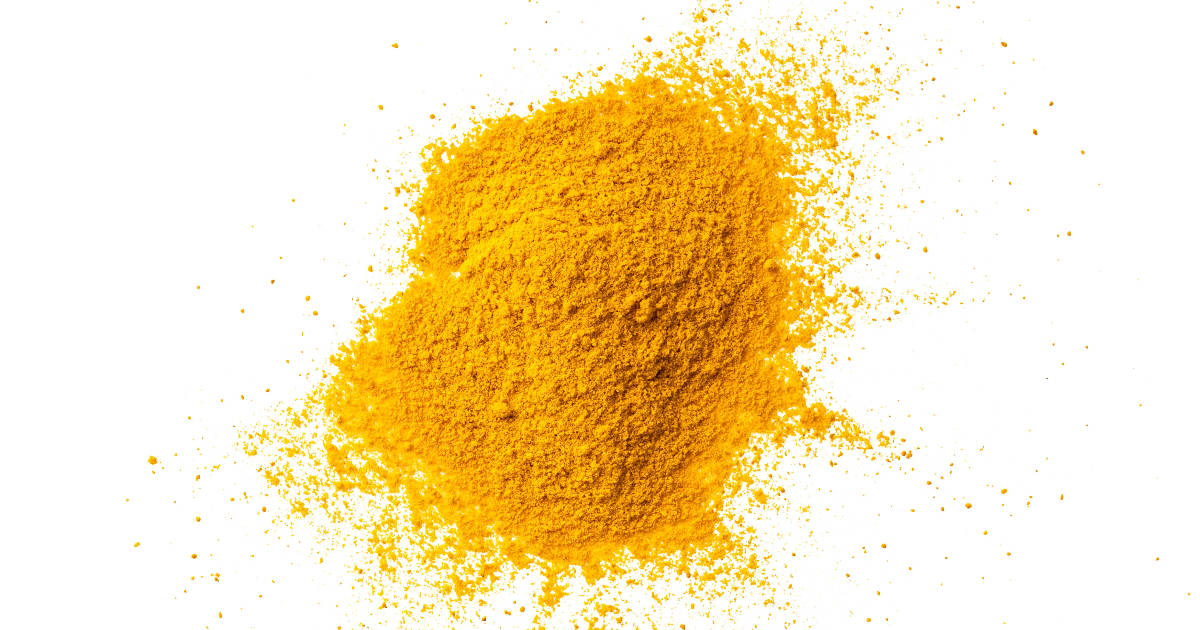
Thanks to its diverse mix of nutrients, vitamins, and other beneficial compounds, regularly eating curry powder may provide several health advantages.
Supports Heart Health
The fiber, potassium, vitamin K, and other nutrients in curry powder support a healthy cardiovascular system. Curry powder may help lower cholesterol, improve circulation, and reduce blood pressure.
Aids Digestion
With over 50 grams of fiber per 100-gram serving, curry powder can promote regularity and keep your digestive tract healthy. The spices may also relieve gas, bloating, and other GI issues.
Boosts Immunity
Compounds like vitamin A, vitamin C, and beta-caryophyllene help keep your immune system strong to ward off illness and infection.
Anti-Inflammatory Effects
Curcumin and other compounds exhibit potent anti-inflammatory properties that may help treat arthritis, IBS, chronic pain, and autoimmune issues.
Antioxidant Protection
Antioxidants like vitamin E and quercetin counteract oxidative stress from free radicals that can damage cells and lead to disease development.
May Aid Blood Sugar Control
The fiber and spices in curry powder slow the absorption of carbs to prevent unhealthy spikes and drops in blood sugar levels.
Neuroprotective Benefits
Curry may boost blood flow and cognitive function. The spices contain compounds that can stimulate neural regeneration and protect the brain from dementia.
Anti-Cancer Potential
Early research suggests that several spices in curry powder, especially turmeric, may have anti-tumor effects that could help prevent or treat certain cancers.
Potential Downsides of Curry Powder
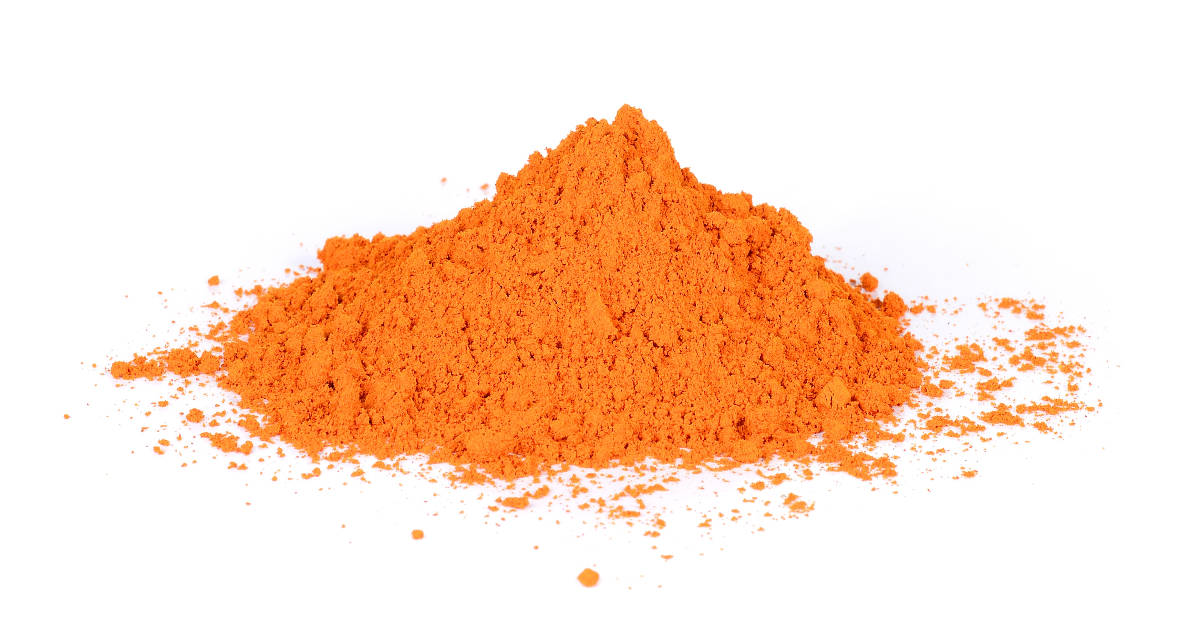
Curry powder provides most people with many health advantages.
But some downsides to consider include:
- Allergies: Curry powder contains several common allergens like soy and mustard that may cause issues for sensitive individuals.
- Blood thinners: Large amounts of turmeric and ginger can further increase the blood thinning effects of medications like aspirin and warfarin.
- Gallbladder problems: Turmeric may aggravate gallbladder issues in those prone to stone formation.
- Metallic taste: Excessive consumption of spices like fenugreek can temporarily cause a metallic or bitter taste in the mouth.
Overall though, curry powder is highly nutritious and safe for most people when used in moderation to flavor foods.
Those with specific health conditions should consult their healthcare provider before regularly consuming large amounts.
How to Add Curry Powder to Your Diet
Here are some simple ways to incorporate more curry powder into your routine:
- Toss it into cooked rice, quinoa, or lentils.
- Mix it into mayonnaise or plain Greek yogurt for a flavorful sandwich spread.
- Sprinkle it over roasted vegetables, meats, fish, and poultry.
- Use it in soups, stews, chilis, curries, marinades, dressings, and dips.
- Make curry powder roasted chickpeas or nuts for a crunchy snack.
- Add it to egg scrambles, frittatas, and omelets.
- Mix it into hummus, mashed potatoes, pasta dishes, and more.
- Use it to coat popcorn or roasted pumpkin seeds.
Start with about 1/2 to 1 teaspoon per serving. Adjust to taste preferences and tolerance of spiciness.
Can You Substitute Curry Powder for Other Spices?
While curry powder makes a flavorful ingredient, you may wonder how it compares to other spice mixes.
Garam masala is perhaps the closest match, with a similar aromatic profile. But it lacks the turmeric that gives curry powder its yellow hue.
Chinese five-spice powder has stronger licorice and cinnamon notes compared to curry powder's earthier flavors.
Swapping curry powder for Cajun seasoning will result in bold, hot flavors rather than the complex blend of spices in curry powder.
Pumpkin pie spice is dominated by cinnamon, ginger, and nutmeg flavors so it won't mimic curry powder well.
Ultimately, each spice blend has a unique taste and aroma. Curry powder works best when used in recipes specifically calling for it.
FAQ
How many calories are in curry powder?
Curry powder contains about 325 calories per 100 grams. But since it is used in small amounts for flavoring, it adds minimal calories to recipes. A teaspoon of curry powder has around 5-10 calories.
Is curry powder keto-friendly?
Yes, curry powder is very low in carbs and sugars, making it keto-diet friendly. The high fiber content may also help manage blood sugar levels. Use curry powder to add flavor to keto meals.
Is curry powder gluten-free?
Most curry powders are gluten-free since they are made from spices like turmeric, coriander, cumin, ginger, and chili peppers. But check labels for gluten-containing ingredients like wheat before using.
Is curry powder anti-inflammatory?
Yes, compounds like curcumin and gingerol have potent anti-inflammatory properties. Regularly using curry powder may help reduce inflammation related to arthritis, IBS, infections, and other issues.
Does curry powder go bad?
Like other spices, curry powder loses potency over time but does not spoil. Properly stored in an airtight container away from light and humidity, it will last up to 1-2 years before losing flavor.
Is curry powder vegan?
Curry powder is usually vegan, but some brands may use non-vegan ingredients like dairy powders or honey. Check labels and purchase vegan certified products if following a strict plant-based diet.
What’s the difference between curry powder and garam masala?
While both spice blends, garam masala lacks the turmeric that gives curry powder its yellow color. Garam masala also often contains black cardamom, cinnamon, cloves, and nutmeg unlike typical curry powder recipes.
Does curry powder have any side effects?
Used in moderation, curry powder is generally safe with minimal risks. Some people may experience GI upset, allergic reactions, or medication interactions at very high intakes. Those with gallbladder disease should be cautious with turmeric-containing curry powders.
Conclusion
Curry powder offers an intensely flavorful way to spice up all kinds of savory dishes from curries to stews, eggs, meats, veggies, and more.
It provides protein, fiber, vitamins, minerals, antioxidants, and anti-inflammatory compounds that offer diverse benefits for digestion, immunity, heart health, blood sugar regulation, and more.
Used in moderation, curry powder can be enjoyed as part of a balanced diet to take advantage of its many nutrients and health-promoting properties.

